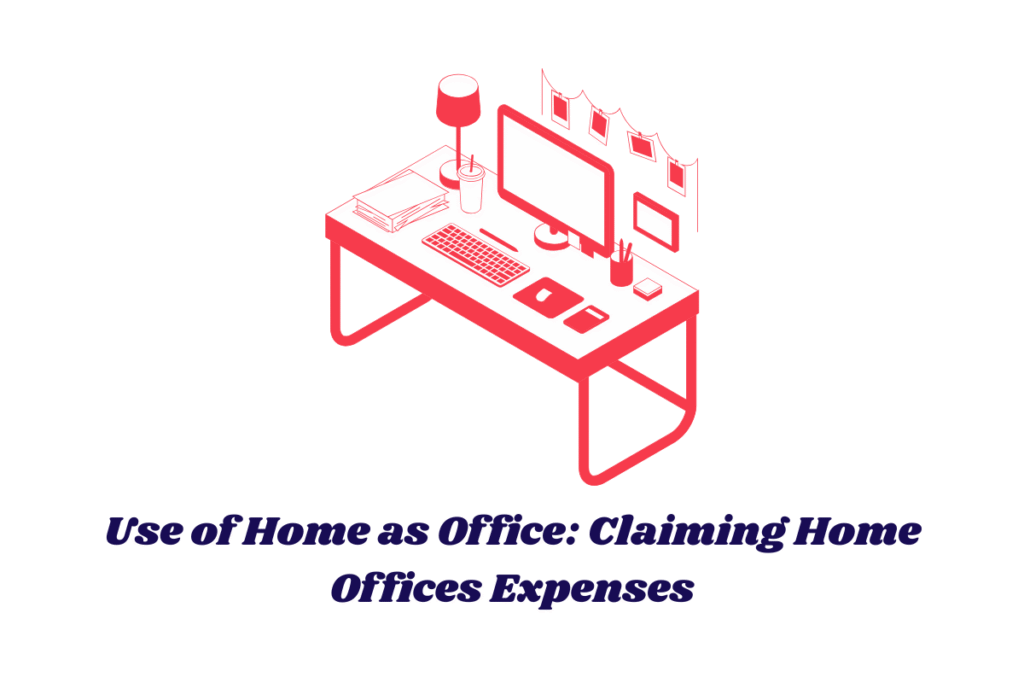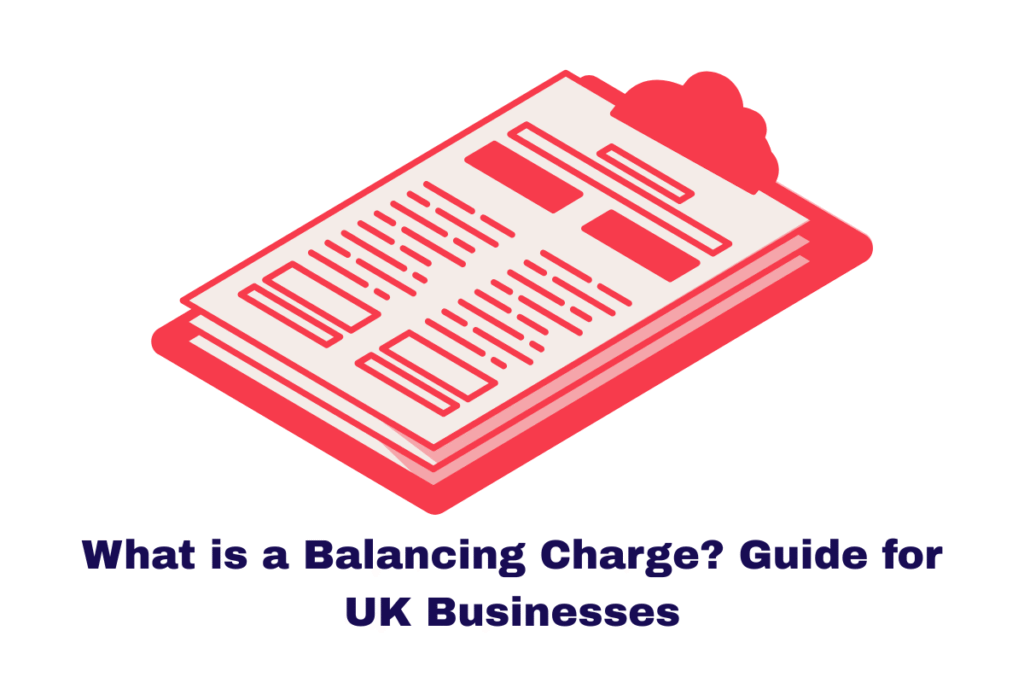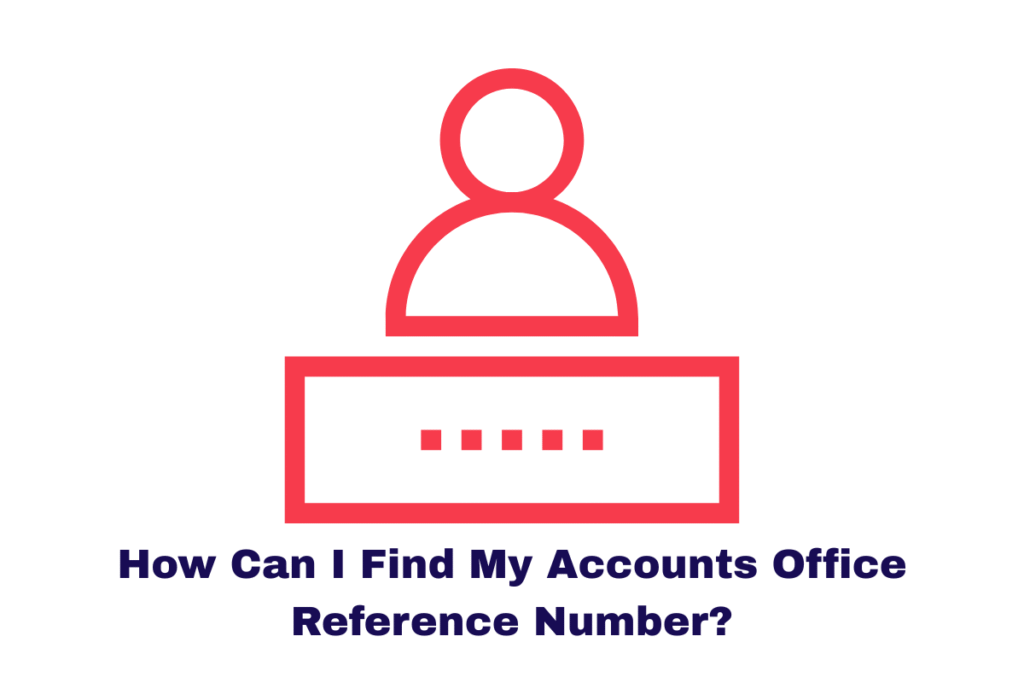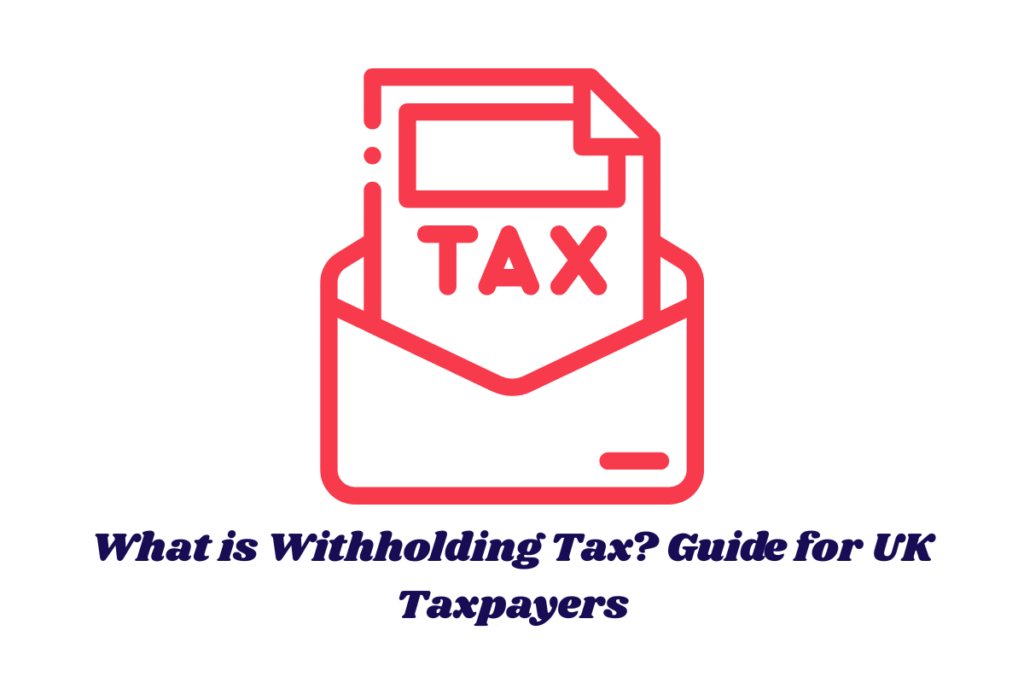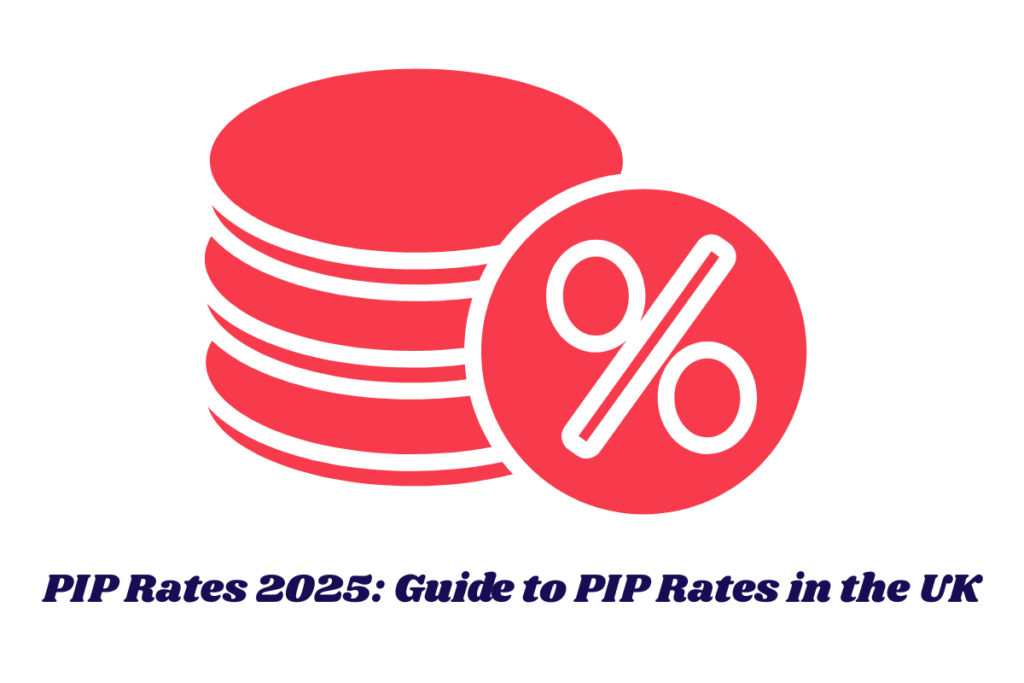Running a limited company comes with many perks, and one of the most valuable is the flexibility to choose your work environment. Whether you’re setting up in a co-working space or working from the comfort of your own living room, your business can still operate efficiently. For many directors, the use of home as office is a practical choice—especially in today’s hybrid and remote working world.
But did you know that working from home allows you to claim certain expenses back through your limited company? Knowing how to correctly claim for the use of home as office can lead to significant tax savings, reducing your Corporation Tax bill while fairly compensating you for additional household costs.
In this comprehensive 2025 guide, we’ll break down everything you need to know about claiming home office expenses for a limited company—covering allowable expenses, the methods for claiming them, and how to do it correctly under HMRC rules.
Summary
“Working from home as a director lets you claim expenses for the use of home as office, helping reduce your business tax liability.”
What Does “Use of Home as Office” Mean?
The term use of home as office refers to when you carry out work duties for your limited company from your personal residence. This might include tasks like bookkeeping, client meetings, administrative work, or day-to-day management activities.
Even if you occasionally work from home, you’re still eligible to claim certain expenses, but it’s essential to make sure your claims are reasonable, proportionate, and HMRC-compliant.
For further details, you can refer to the official HMRC guidance on this topic here.
Summary
“Use of home as office simply means working for your limited company from home and claiming legitimate expenses for doing so.”
Why Claim Home Office Expenses?
Claiming for use of home as office ensures you’re not personally bearing the extra costs of running your business from home. From increased utility bills to office furniture, these expenses add up, and HMRC allows you to offset them against your company’s profits.
This reduces your Corporation Tax liability and helps keep your business finances efficient and compliant.
Summary
“Claiming home office expenses helps directors reduce company tax bills while fairly covering business-related household costs.”
You can read more articles on different taxes in the UK:
PIP Rates 2025: Guide to PIP Rates in the UK
What is P800 Refund? How to Claim P800 Refund
What is Withholding Tax? Guide for UK Taxpayers
What Home Office Expenses Can You Claim in 2025?
Here’s a list of common expenses you can claim for the use of home as office:
1. Utility Bills
- Electricity
- Gas
- Water (if usage increases due to business activities)
You can only claim the business-use proportion of these costs.
Summary
“Utility bills like gas, electricity, and water are partially claimable when you work from home for business purposes.”
2. Internet and Phone Costs
- Business-only contracts can be claimed in full.
- If your contract is personal, you can only claim the business-use portion, supported by records.
Summary
“Internet and phone costs are claimable based on business usage; a separate business contract allows full claims.”
3. Office Equipment and Furniture
- Desks, chairs, monitors, printers
- Laptops and software exclusively used for work
These are usually claimed as capital allowances rather than direct expenses.
Summary
“Office furniture and IT equipment used exclusively for business can be claimed through your limited company.”
4. Stationery and Office Supplies
- Pens, paper, ink, envelopes, etc.
- Postage for business correspondence
Summary
“Everyday office supplies like stationery are fully deductible as home office expenses.”
5. Portion of Rent, Mortgage Interest, and Council Tax (Optional)
If you choose the proportional method, you can claim a portion of these fixed costs based on business use.
Note: Claiming mortgage capital repayments is not allowed—only mortgage interest is.
Summary
“Rent, mortgage interest, and council tax can be claimed partially when calculated under the apportionment method.”
Three Main Methods to Claim Home Office Expenses in 2025
HMRC offers three primary methods to claim for use of home as office. Each has different implications, so it’s vital to pick the method that best matches your situation.
1. Flat Rate Allowance (Simplified Method)
HMRC allows limited company directors to claim a flat rate of £6 per week in 2025, totalling £312 annually. This is a straightforward way to cover minor home office costs without needing to keep receipts or calculations.
- Pros: Simple, low admin, no records required.
- Cons: May under-represent actual costs if you work from home frequently.
Refer to the HMRC flat rate expenses guide here.
Summary
“The flat rate method lets directors claim £6 per week in 2025 without complex calculations or record-keeping.”
2. Apportioning Household Expenses
If your use of home as office involves significant time or space, you can calculate actual costs by apportioning household bills. This method typically results in a higher claimable amount but requires detailed record-keeping.
How to Calculate Apportionment:
- List total household expenses, including:
- Utilities
- Broadband (business use only)
- Cleaning costs
- Home insurance (proportional if it covers business risk)
- Mortgage interest or rent
- Council tax
- Utilities
- Work out the business-use proportion:
- Divide by the number of rooms (excluding bathrooms and kitchens).
- Estimate the percentage of time each room is used for business.
- Divide by the number of rooms (excluding bathrooms and kitchens).
For example, if your home office is used exclusively for business 50% of the time, and you have 5 rooms, you might claim 10% of total household bills (1/5 x 50%).
Summary
“The apportionment method involves calculating business-use percentages for each household expense to claim back real costs.”
3. Director’s Use of Home Rental Agreement
For directors who use their home as a dedicated business space, setting up a formal rental agreement between you and your company is an option.
How It Works:
- Your limited company pays you rent at a fair market rate.
- The company claims this as a business expense.
- You declare the rental income on your Self Assessment tax return.
- Be mindful of potential Capital Gains Tax implications if a room is used exclusively for business.
For HMRC guidance on rental agreements, check here.
Summary
“A formal rental agreement allows directors to claim rent from their company, but tax implications must be carefully managed.”
Additional Considerations When Claiming Home Office Expenses
1. Avoid Overclaiming
Only claim costs directly related to the use of home as office. Overclaiming can lead to HMRC scrutiny or penalties.
Summary
“Keep claims fair and realistic to avoid triggering HMRC investigations.”
2. Insurance and Mortgage Terms
Check your home insurance and mortgage terms to ensure they cover business use of your home. Some policies may need amendments.
Summary
“Your mortgage or insurance may need adjustments if you run a business from home.”
3. Capital Gains Tax (CGT)
If you designate a room solely for business, you may lose Private Residence Relief when selling your home, leading to CGT liabilities.
Summary
“Exclusive business use of a room can affect your CGT position when you sell your home.”
4. Business Rates
Most home offices are exempt from business rates, but if you create a distinct business area (like a converted garage), you may become liable.
Summary
“Using part of your home exclusively for business could lead to business rates being charged.”
Record-Keeping Requirements
Whichever method you use to claim use of home as office, keep detailed records including:
- Receipts for utilities and expenses
- Internet and phone bills
- Calculations for apportionment
- Copies of rental agreements (if applicable)
Good record-keeping protects you during HMRC enquiries and ensures your claims are robust.
Summary
“Proper records are essential for defending your home office expense claims if HMRC checks your accounts.”
Summary: Claiming Home Office Expenses Efficiently
Understanding how to claim for use of home as office is crucial for any UK limited company director. Whether you choose the flat rate, apportion actual costs, or set up a rental agreement, the key is to claim correctly and keep supporting documents.
By staying compliant, you can reduce your tax liability while covering the legitimate costs of running your business from home.
For professional guidance, consult a qualified accountant or visit the HMRC expenses guidance.
Summary
“Making informed home office claims saves tax and keeps your business running smoothly without risking non-compliance.”
Final Thoughts
If you frequently work from home, don’t miss out on the opportunity to claim back relevant expenses. Whether your workspace is a spare bedroom or a dedicated office, understanding the rules around use of home as office in 2025 can lead to smarter tax management.
For tailored advice, always consider speaking to a professional accountant or tax adviser to make sure you’re maximising your entitlements without breaking HMRC rules.
Summary
“Claiming home office expenses correctly helps you run a tax-efficient limited company while staying fully compliant.”
The content provided on TaxCalculatorsUK, including our blog and articles, is for general informational purposes only and does not constitute financial, accounting, or legal advice.
You can also visit HMRC’s official website for more in-depth information about the topic.
